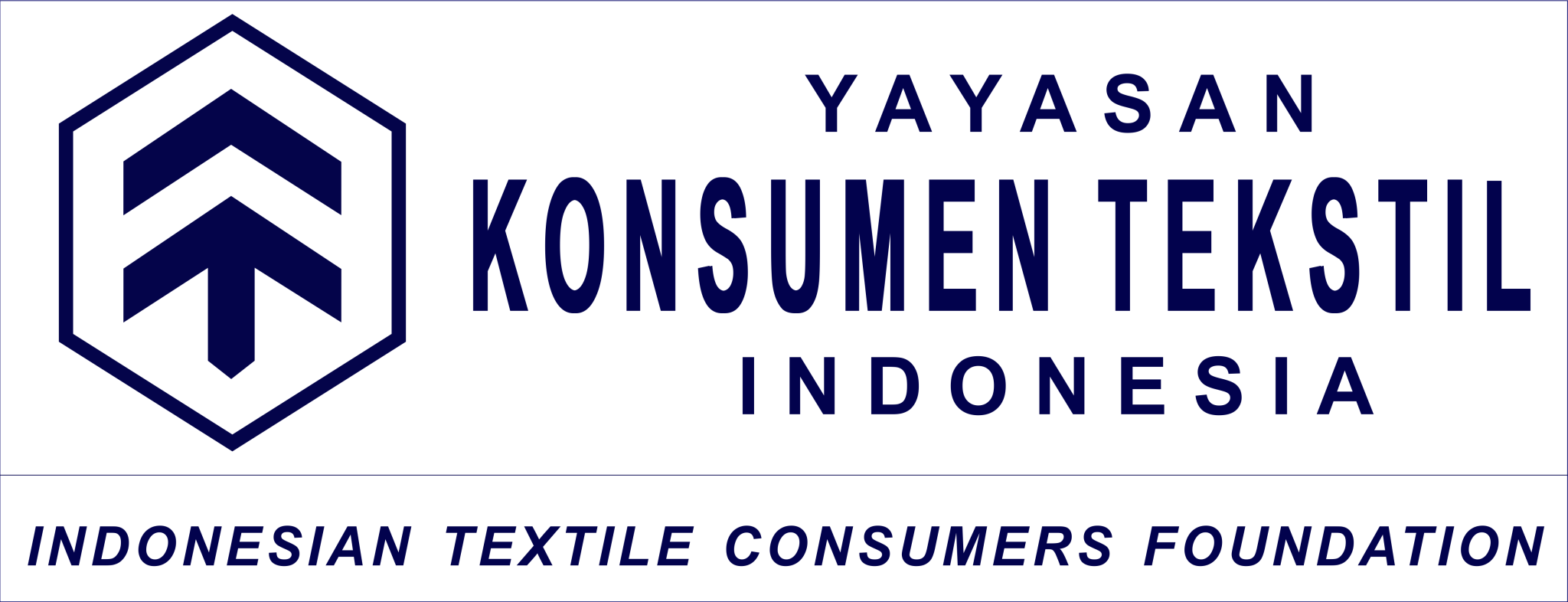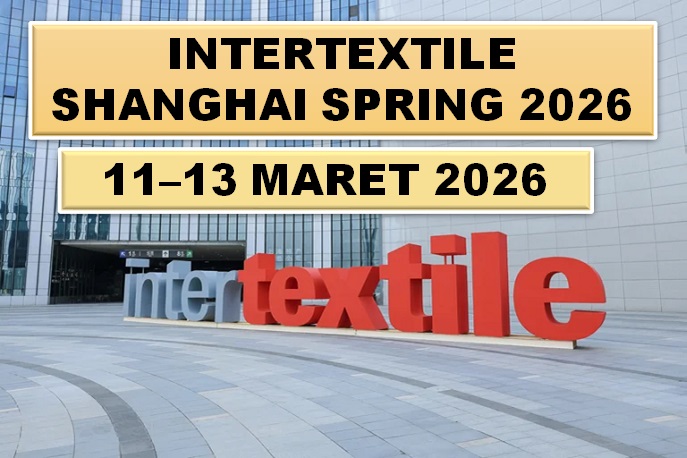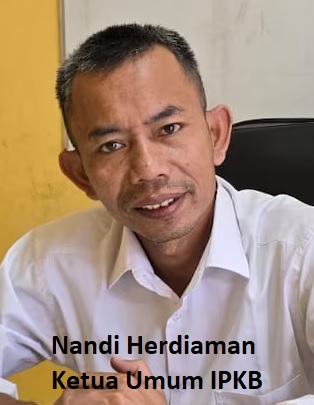The threat of an economic recession in the United States (US) seems to be getting worse, especially if the US government fails to pay its debts. A number of export-oriented businessmen to Uncle Sam's country should also be wary if the US enters a recession. Secretary General of the Indonesian Exporters Association (GPEI) Toto Dirgantoro said that exporters had begun to feel the impact of the US economic crisis towards the end of 2022. This was marked by the many contracts for shipping export products to the US which were terminated or postponed due to uncertainty in the country.
Unfortunately, GPEI does not yet have accurate data regarding the size of Indonesia's exports from various industrial sectors to the US, including the trend of declining exports. "The export value is quite large, so if there is a disturbance it could affect the performance of the industry concerned," he said, Sunday (14/5).
Toto also said that there were several export-oriented industrial sectors that were disrupted by the US crisis, such as textiles, footwear, and so on.
Exporters are coping with the slowdown in demand in the US market by trying to find alternative markets, for example countries in the African region.
Meanwhile, the Executive Director of the Indonesian Footwear Association (Aprisindo) Firman Bakrie also acknowledged that the economic slowdown in the US had already had its impact on footwear exporters since last year's defense. In fact, the effect of the drag on exports to the US has forced a number of national footwear manufacturers to lay off their employees.
"The United States is the biggest market for the Indonesian footwear industry," he said, Sunday (14/5).
Currently, Aprisindo is still monitoring the development of economic conditions in the US. If the crisis in the US does not subside, it is possible that the decline in demand for exports to that country will occur in a prolonged manner.
Based on data from the Central Statistics Agency (BPS), exports of footwear products for daily needs from Indonesia to the United States fell by 38.40% year on year (YoY) from US$ 45.35 million in January-February 2022 to US$ 27 .93 million in January-February 2023.
Exports of sports shoes to the US also decreased by 40.33% YoY from US$ 357.25 million in January-February 2022 to US$ 213.16 million in January-February 2023.
The Indonesian Textile Association (API) also said that exports of Indonesian textiles and textile products (TPT) to the US were slowing down. Referring back to BPS data, exports of apparel (convection) from textiles to the US fell 31.89% YoY from US$ 873.43 million in January-February 2022 to US$ 598.30 million in January-February 2023.
Chairman of API, Jemmy Kartiwa Sastraatmadja, said that the trend of declining exports to the US of TPT was actually also experienced by other TPT producers in Asia. For example, China experienced a decline in TPT exports to the US by 18.4% during the first quarter of this year.
Unfortunately, Indonesia has become an alternative market for China. This is shown by China's TPT exports to Southeast Asia which rose 29% in the first quarter of 2023, one of which was destined for Indonesia.
"This means that China is taking over the portion of the domestic market for the national textile industry," said Jemmy.
In fact, the domestic market should be able to become a foundation for the national textile industry when demand for products in the export market is sluggish. Therefore, API considers that Indonesia urgently needs to strengthen trade barrier rules to fend off attacks by imports of TPT from China.










